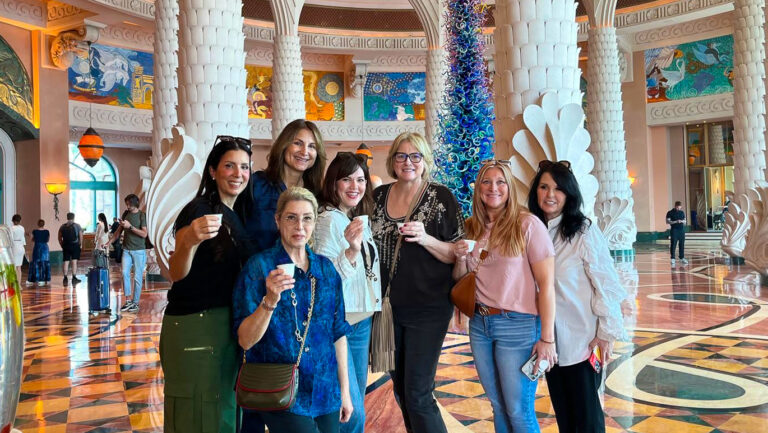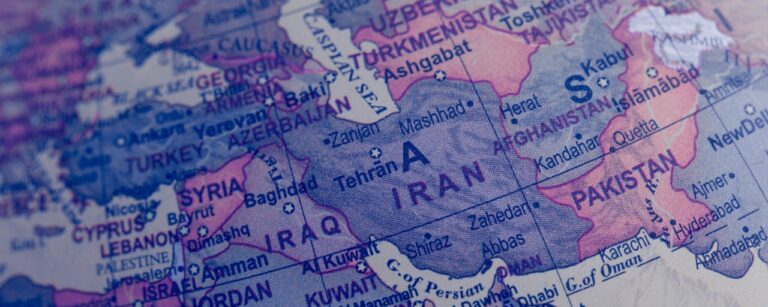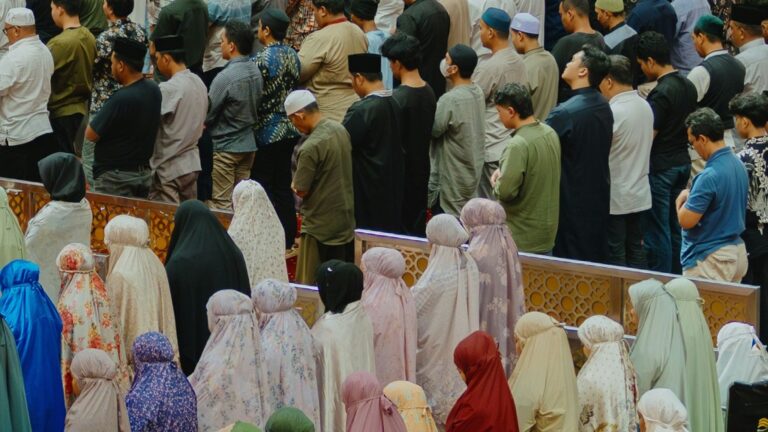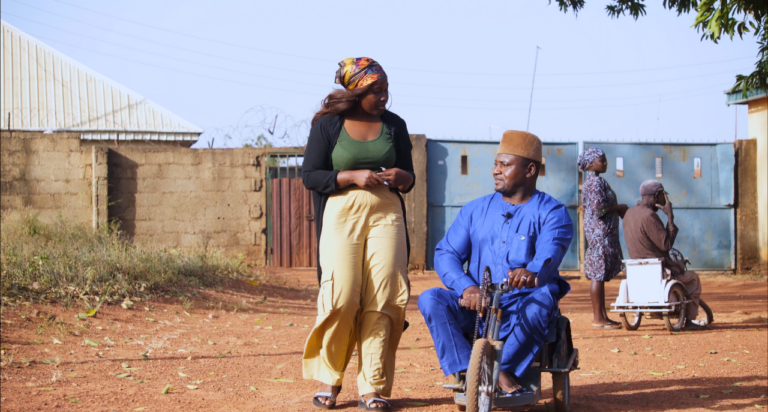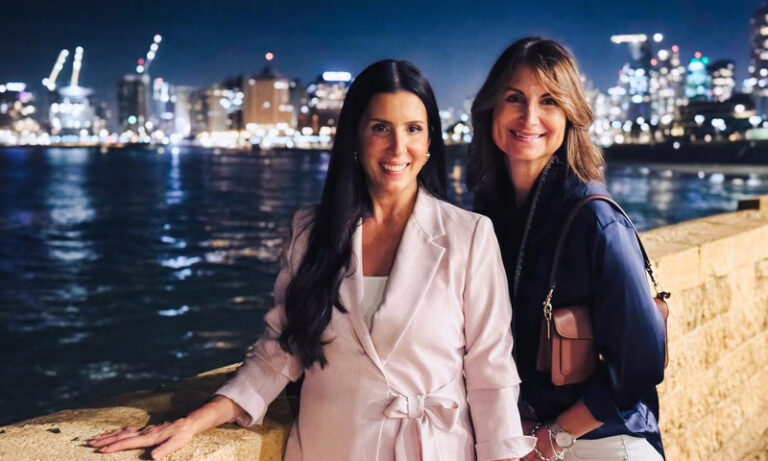Crossing Borders: A Short Story of Checkpoint 300
The checkpoint is a horrible place, the acrid smell of piss lingering in the air from the men and women who have to queue up for hours waiting to cross over to work in Jerusalem. I imagine it is quiet now, with most Palestinians refused entry due to the war.
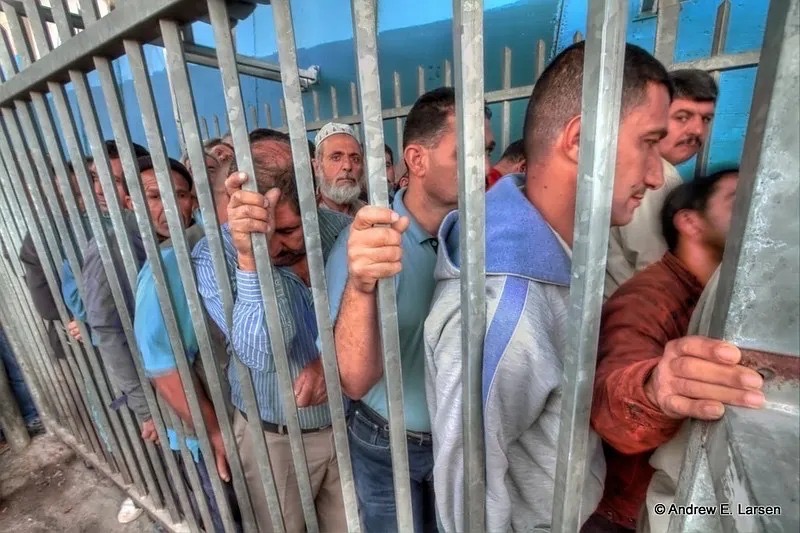
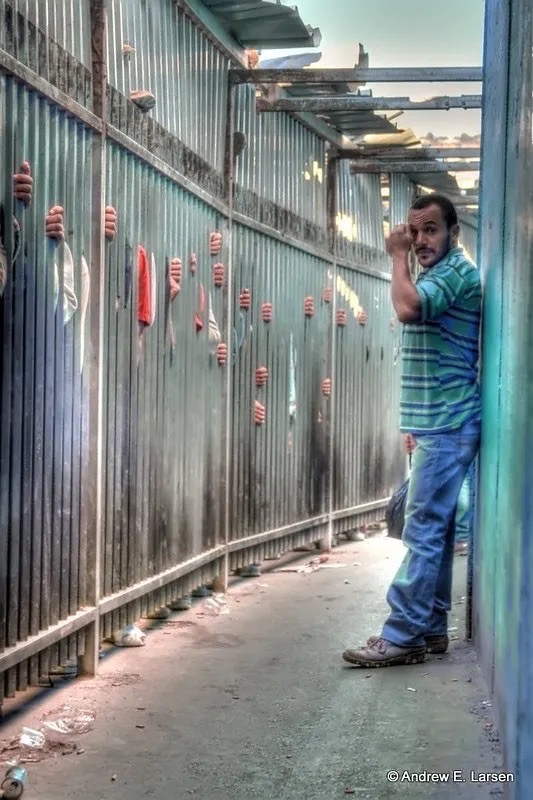
That very first trip changed my life forever. I had never witnessed firsthand anything like it, from the Old City in Jerusalem, tingling with life, fragrant with aromas from all of the shops on the narrow cobbled alleys. Seeing Jews, Christians and Muslims living side by side, just getting on with their daily lives, each in their own unique style of dress and identity. Nuns and priests pass rabbis, rabbis pass imams, and pilgrims wind their way between it all. It’s like Disneyland on speed for all faiths. A feast of experiences.
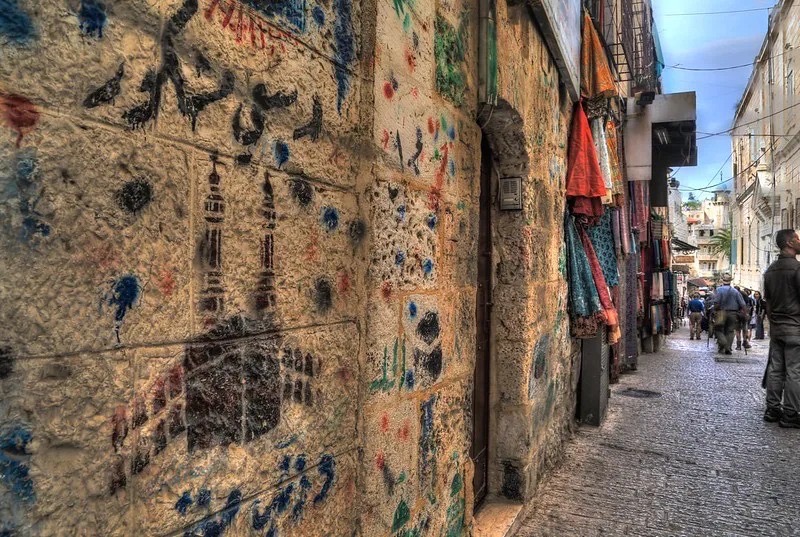
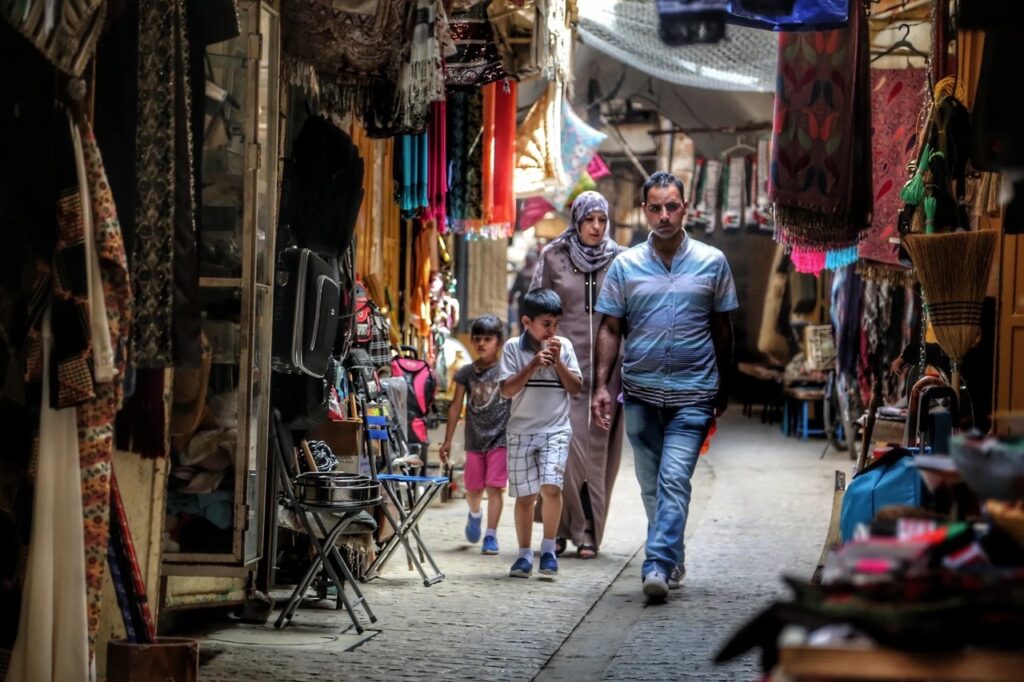
I was invited to visit a family in Bethlehem in what I thought was romantically named “The West Bank.” I don’t really know what I had expected once I had been driven across the border in a bulletproof van. What I didn’t expect to see was a 30 foot high (or nine meters) wall, half built buildings left abandoned and potholed roads lined with litter. It was very different from the place I had imagined and read about in the Bible. I guess I was expecting to see small inns and a stable or two. It’s a far cry from the wide boulevards of Jerusalem with her clean streets and efficiency.
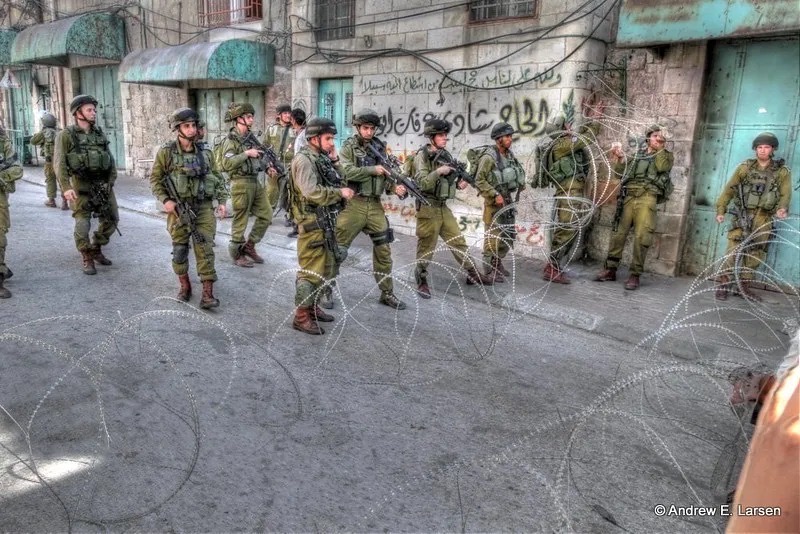
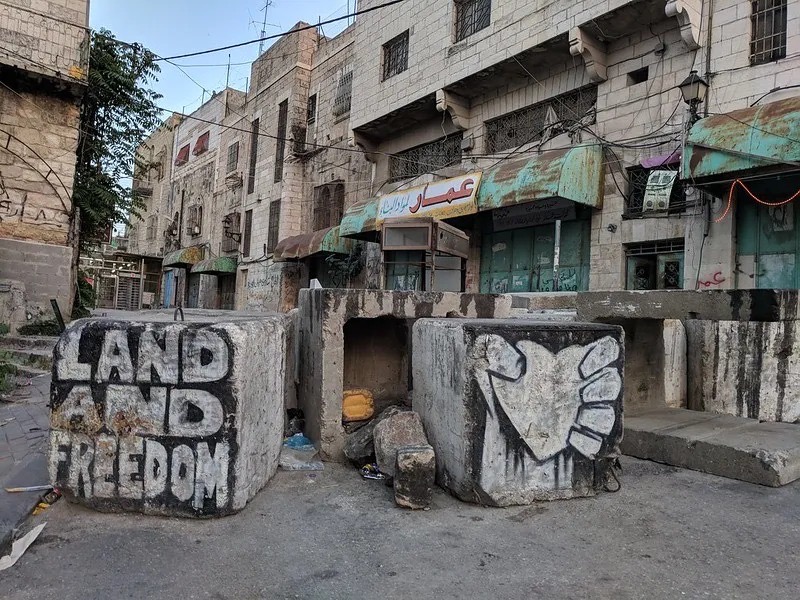
That first trip led me to start working in reconciliation between the two communities, two lands, very different but both with their beauty and obvious complications. I have crossed that border many times since, but it was with great sadness I was not able to cross in October 2023.
I was in Israel when the war broke out. I went to a women’s peace rally between Israelis, Arab Israelis and Palestinian women on the 4th October. The event was organised by Women Wage Peace (Israel) and Women of the Sun (Arab Israeli & Palestinian). The founders of these deeply inspiring organisations, Yael Admi (Israeli) and Reem Haragreh (Palestinian) have rightly been included in Time Magazine’s Women of the Year. It was a deeply moving and profound day to see these women come together for peace. Oh, the irony.
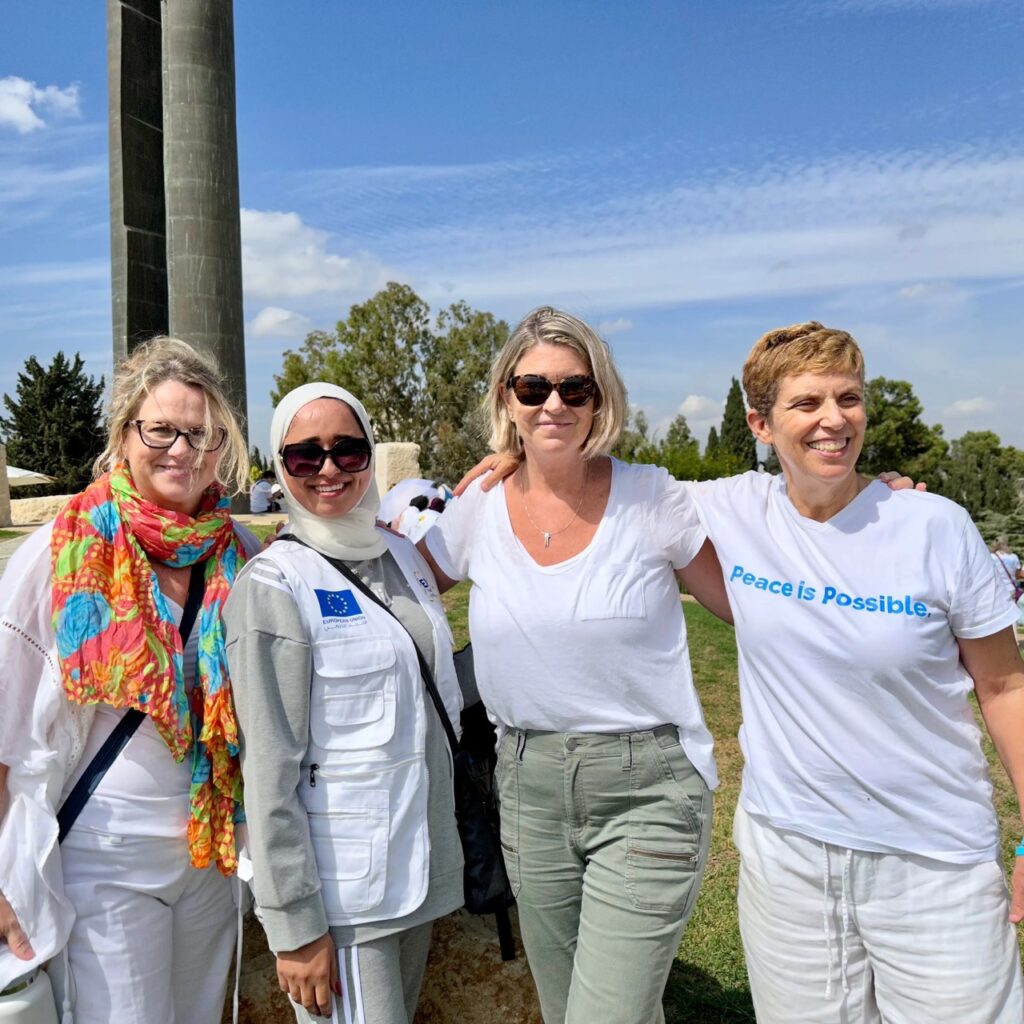
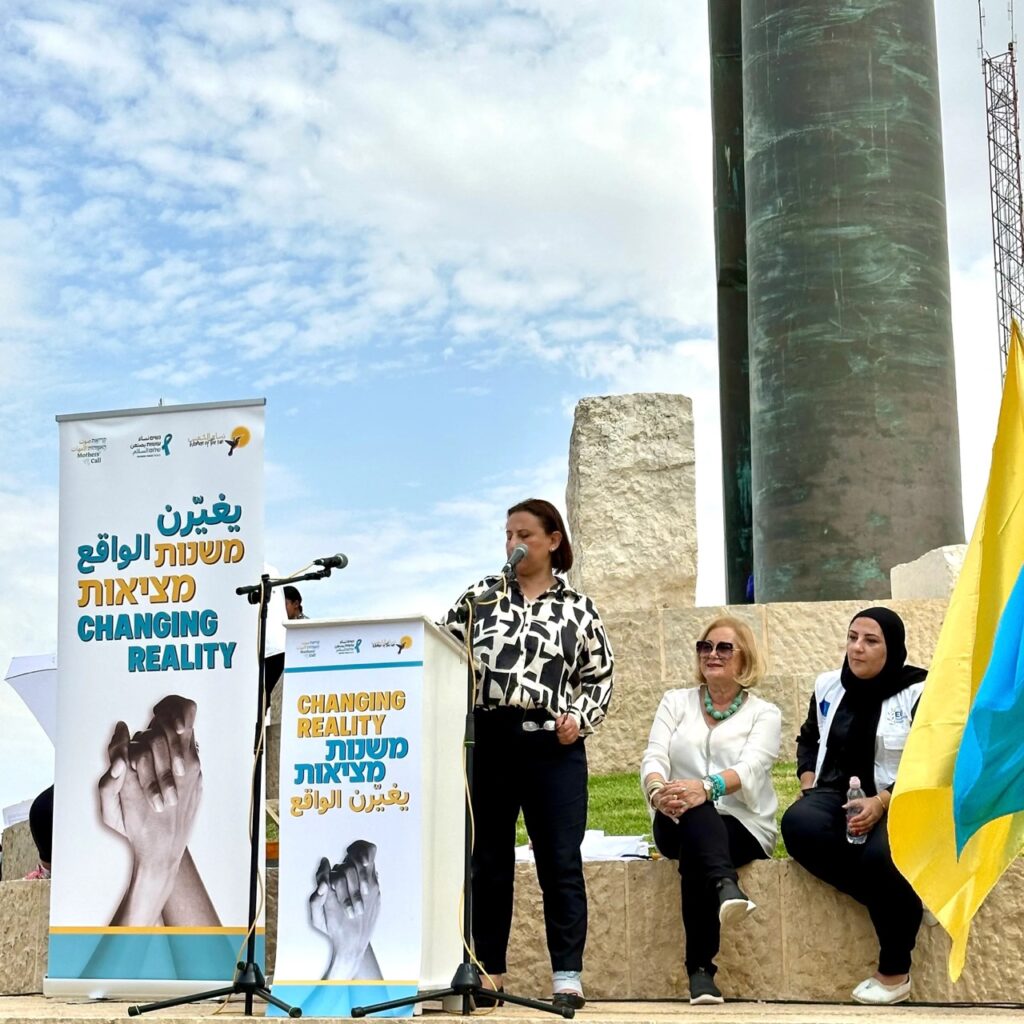

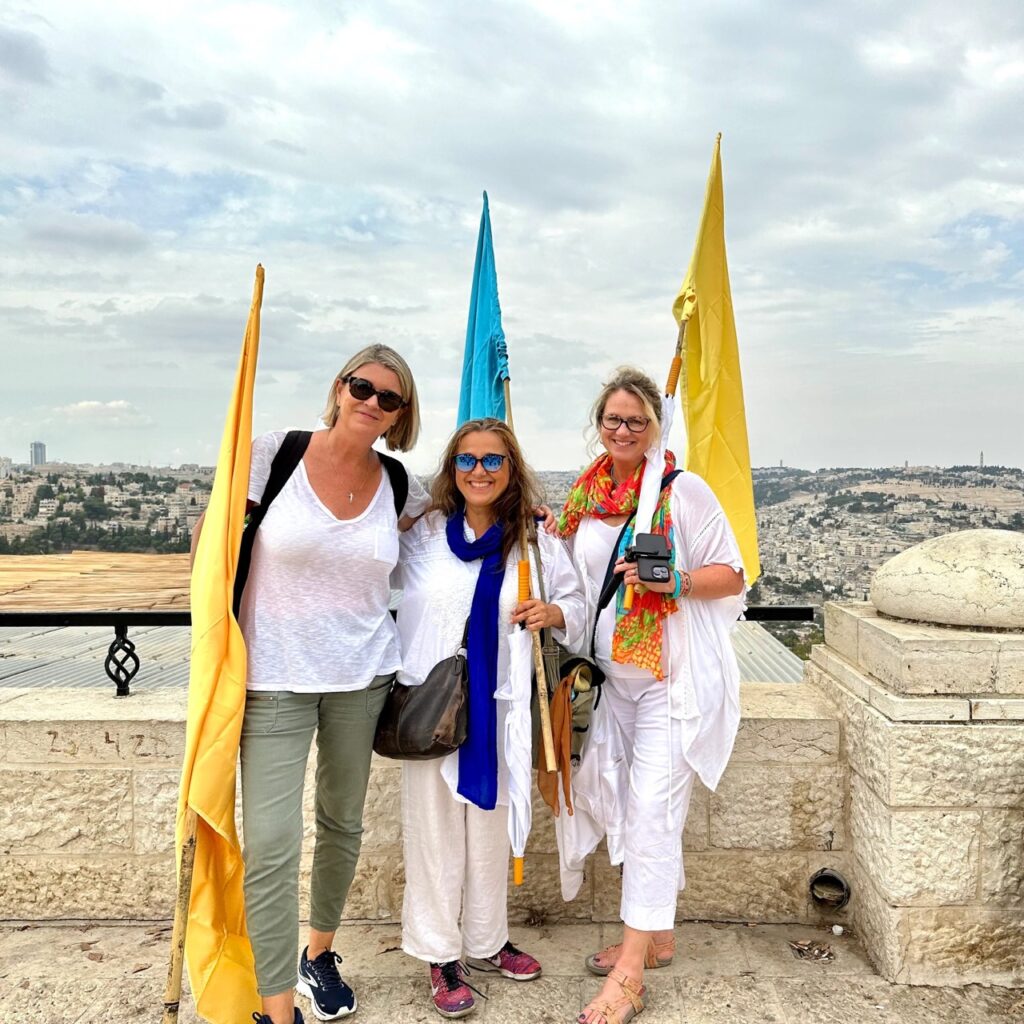
On October 7th, I was in the Galilee, the most serene place on earth. After the women’s peace event, I was staying on to attend a wedding in Jerusalem on October 10th. Perfect timing, I thought. I was co-leading a small pre-wedding tour for my dear friend, Emily, who was getting married in Jerusalem. We had left Tel Aviv on the morning of the 6th and headed north. Waking up on the 7th, there were a few BBC news reports of Tel Aviv being hit by rockets, but as that was a fairly normal occurrence in the region, we carried on as usual with our plans for that day. By mid-morning, when our friends who were still in Tel Aviv managed to contact us, they informed us that they had been in and out of bomb shelters all morning. More news started to filter through, our tour guide letting us know that the government had requested that all tours be immediately canceled and returned to their bases. At that point, we were on a boat on the Galilee. The weather was beautiful, the water calm, but just a few hundred miles to the south, utter devastation was taking place. To say it felt surreal is an understatement.
It took a good 12 hours to understand the extent of what was going on. By now the news of the kibbutzim and the Nova Festival had reached us and fear was starting to settle over the group, most of whom had simply come for a wedding and to “see the sites.” Instead of listening to a tour guide, it was the constant sound of fighter planes scanning the borders to the North that punctuated our conversations. And our silences.
We traveled back to Jerusalem on Sunday, entering into a ghost town. An eerie silence settled on the air of this usually bustling city. Our bus dropped us off at a lovely hotel that was to be our base for the next four nights. We were greeted by Rami, the manager. He informed us that there were no staff to help clean rooms and there would be a very limited breakfast. The normal staff who came to work in the hotel were either Palestinians, who could not travel across the checkpoint due to the war, or young Israelis, all who had been called up to serve as reservists in their units of the IDF. We were given a briefing on where our nearest bomb shelter was in the building. It was all feeling very surreal. We slept with our clothes on and a small bag packed with our passports in case we needed to run to the shelters in the night. Thankfully for us, Jerusalem remained quiet.
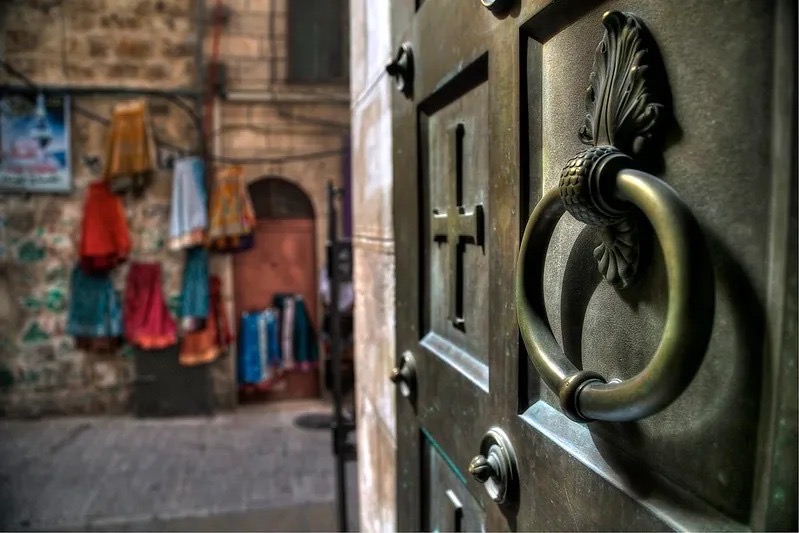
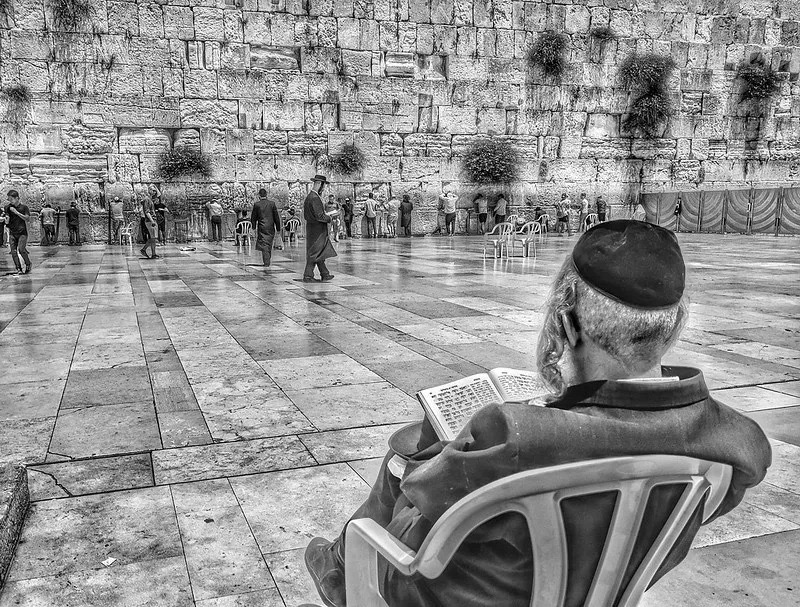
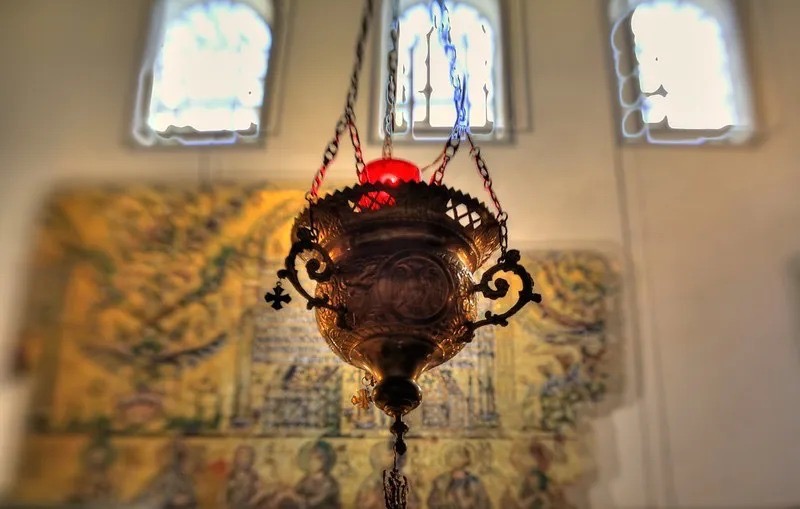
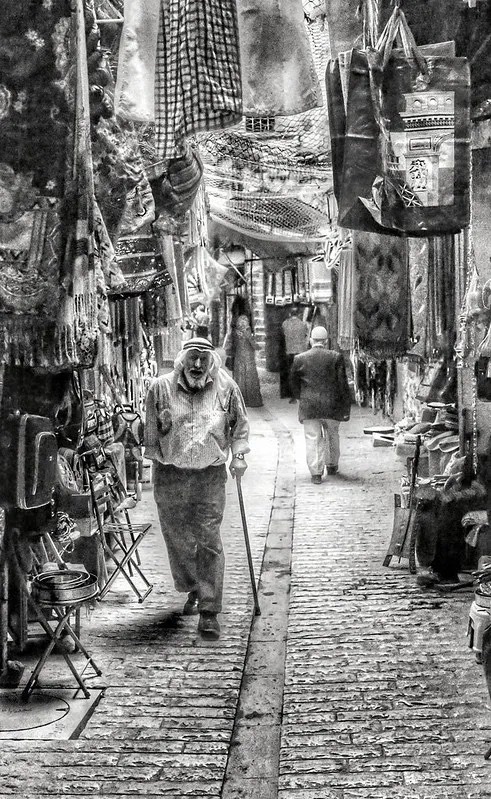
The wedding went ahead on the 10th October with a greatly reduced congregation. Flights into Israel were canceled (the father of the bride was stuck in London, having flown in the day before from Los Angeles) and some of the guests had fled as fear had crept in. While it was painful, it was also understandable. Despite sirens and bomb blasts, Emily and Travis were married and it reminded me that beauty can, indeed, come from ashes.
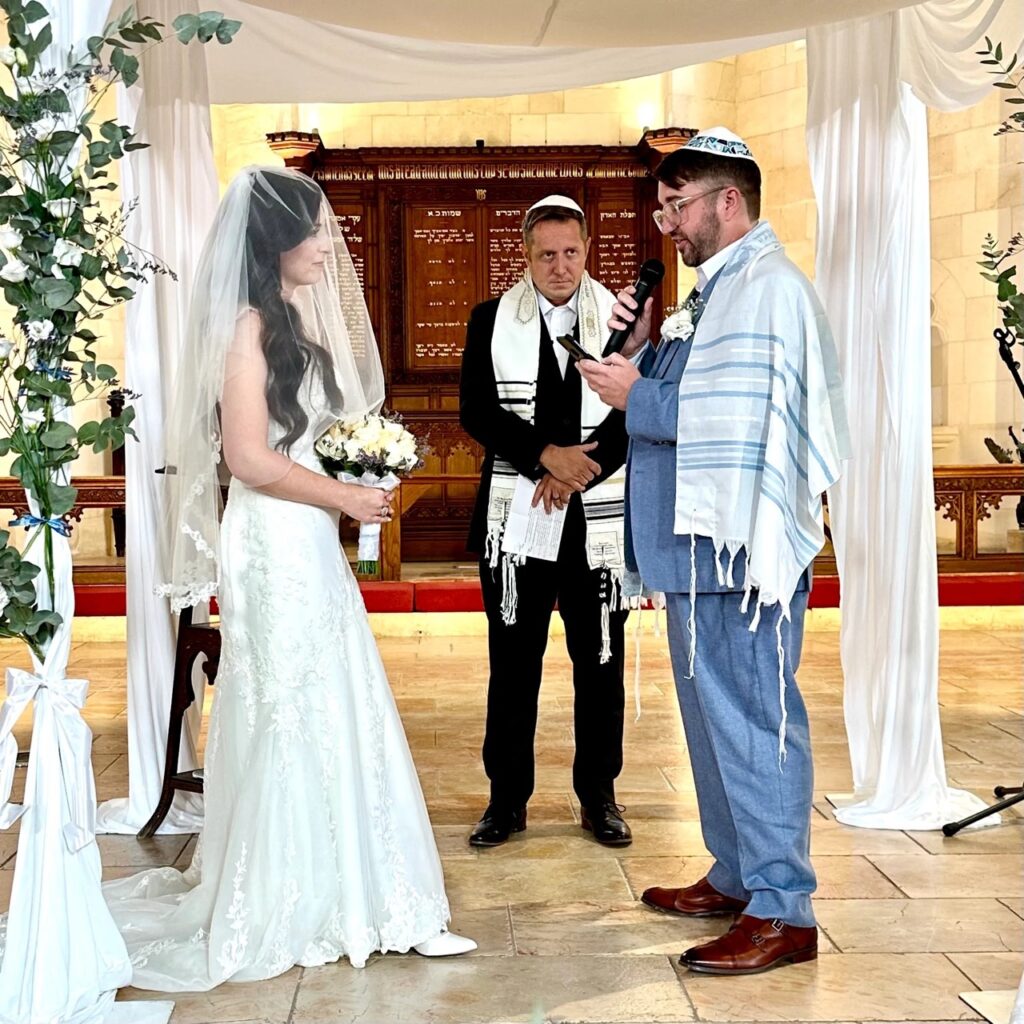
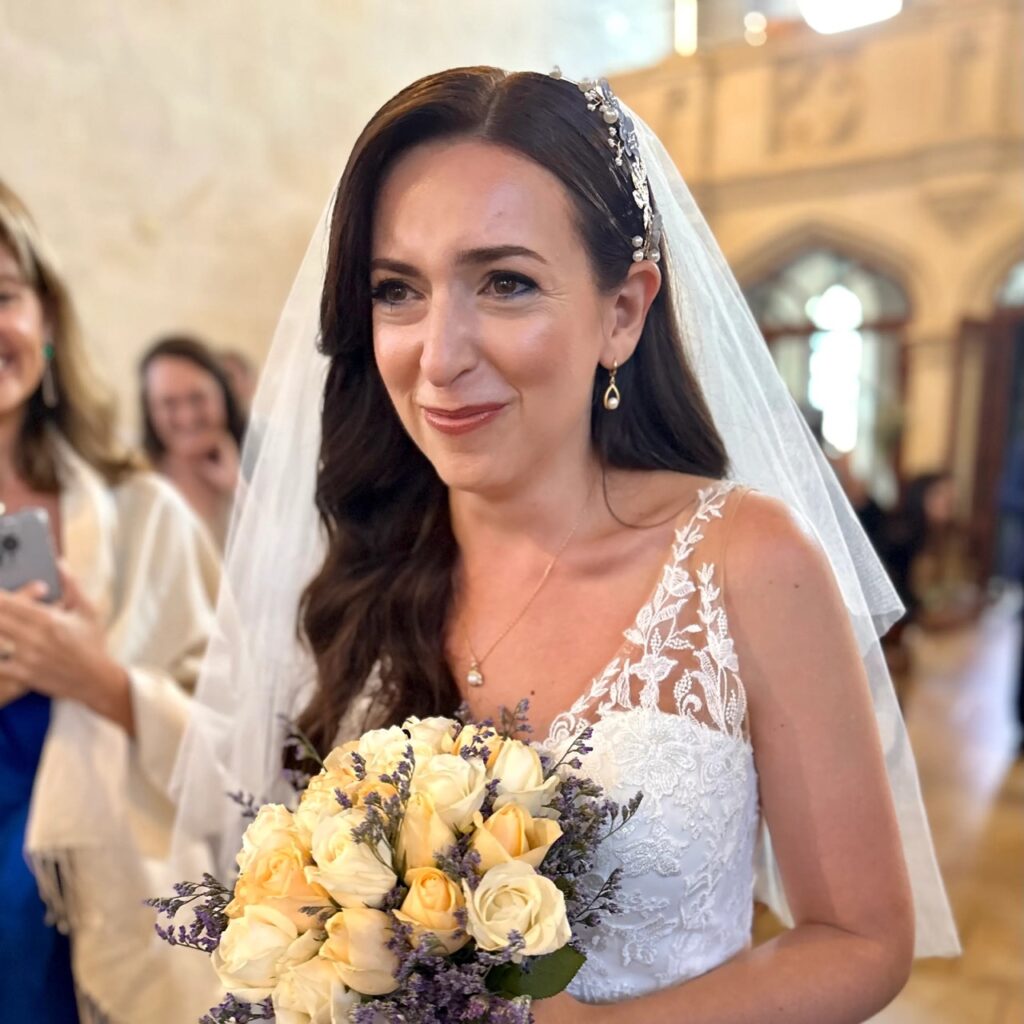
The reception, which was meant to take place in a beautiful restaurant overlooking the walls of the Old City of Jerusalem, ended up taking place in our hotel. Rami and his makeshift team opened up the bar area to the guests and a few random folk who happened to be staying at the hotel. You could almost pretend life was normal except for the sirens and constant noise of military aircraft flying low over the city.
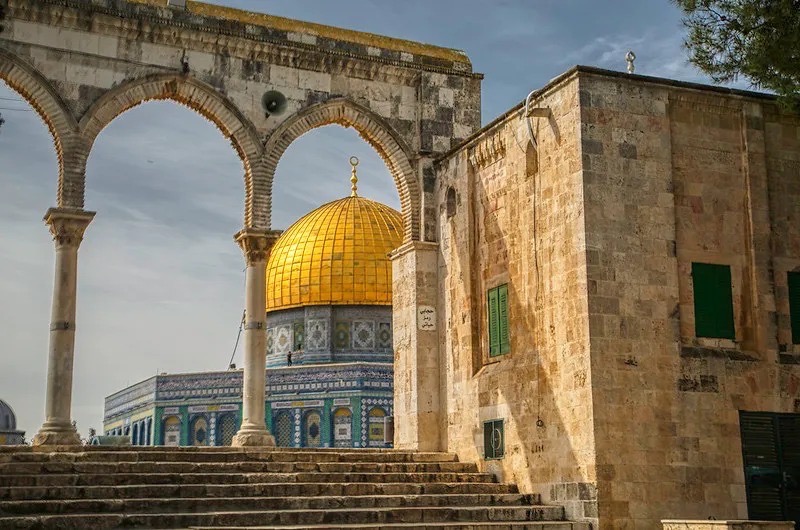
Truthfully, it is very hard to share exactly how I feel now. My heart breaks for the devastation of both sides. For my friends who are still intent on pursuing peace and keeping communication open. For people like Yael and Reem, my friends Ghadir and Dalia, all who continue to believe that peace is possible and are continuing to work together amidst the devastation and heartbreak.
My desire and my prayer is that this bloody war will end and once again I will be able to cross Checkpoint 300, a border that is etched in my heart. Trying my best to honour both sides and help them in their suffering. For me, it is the only way forward.
In memory of Vivian Silver, who co-founded Women Wage Peace and was tragically murdered during the attack on Be’eri. May her memory be a blessing.

